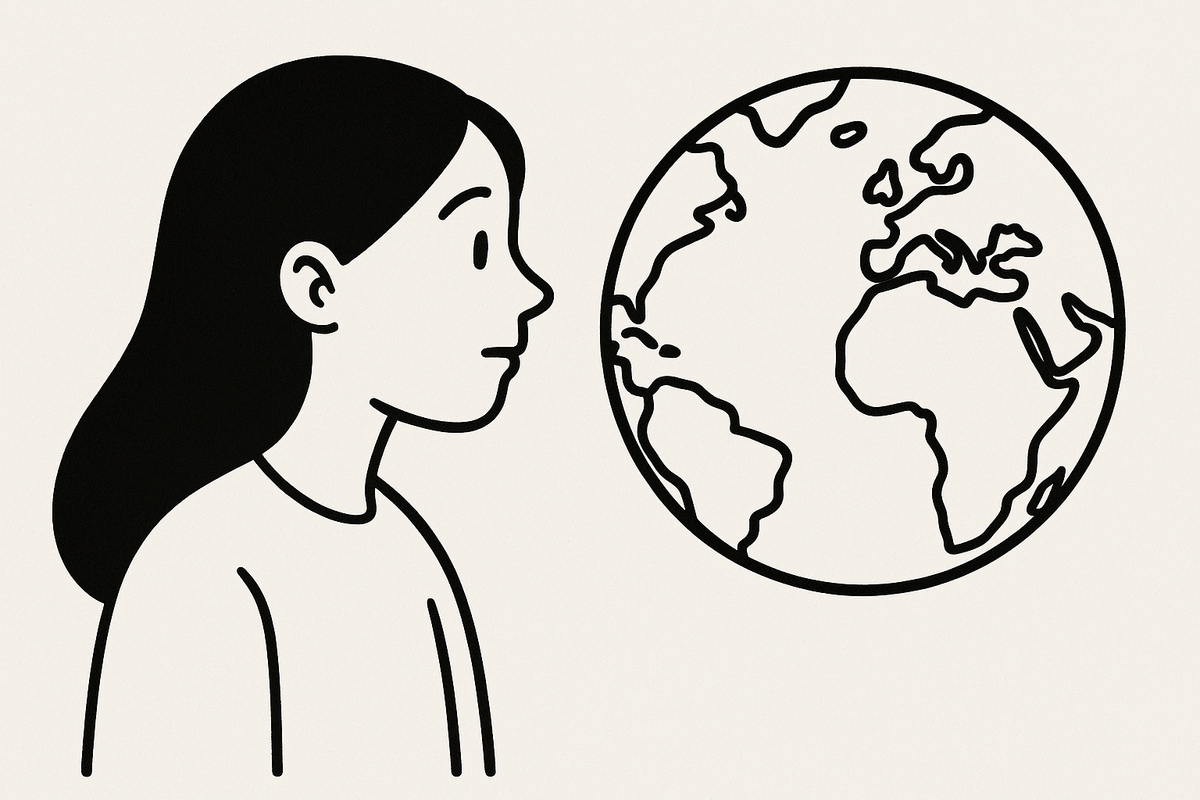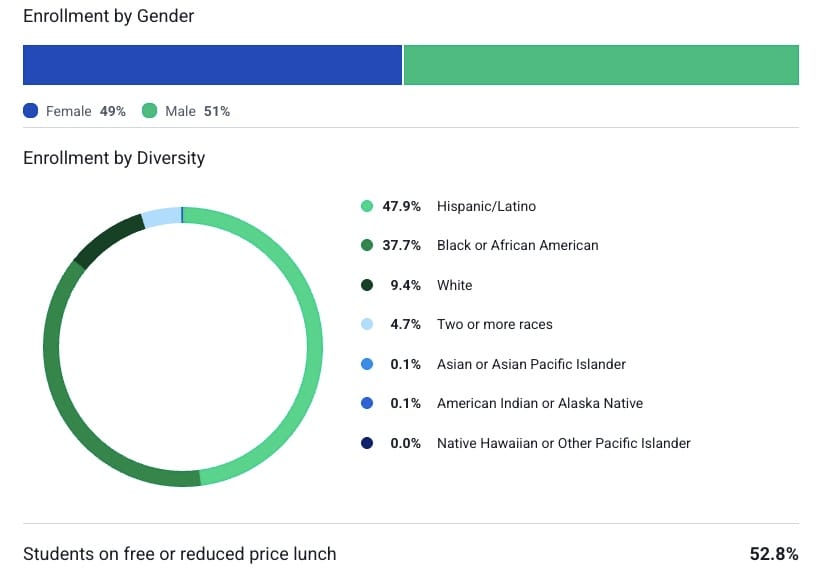The Outsider

Have you ever felt like the outsider?
Not the cool kind—the mysterious, intriguing loner in the movies who somehow steals the show. I mean the real kind. The kind who eats lunch alone, who doesn’t get the inside jokes, who hears their name butchered in roll call and learns to laugh before anyone else does.
That was me.

I was born an outsider. Not because I wanted to be, but because the world told me I was. In Northwest Indiana, Asians made up .1% of the school district. That decimal point mattered. It meant there were barely enough of us to form a full sentence. It meant I was constantly aware of how much I stood out—and not in the way you want to as a kid.
At home, I never quite felt American. At school, I never felt fully Asian. I floated in a state of in-between: never enough of either to feel grounded. And no one talked about it. There wasn’t a word for it, no guidebook for navigating two identities at once. So I carried it quietly, as many of us do.
I learned early that silence was easier. That shrinking made life smoother. That if I laughed when someone made a racist joke, they’d laugh too—and maybe I’d be invited back to sit with them. I was just happy to be included, despite the jokes were because of me. If I smiled and nodded, maybe I could stay just long enough to belong.
Even pop culture reminded me that I wasn’t part of the picture. I watched One Tree Hill and Dawson’s Creek, shows that shaped the image of teenage America. The girls were thin, white, and had names like Brooke or Joey. They didn’t look like me. Their parents didn’t talk with accents. Their families didn’t live in multigenerational homes or work for 16-hour days. Normal never looked like me. So I stopped trying to be myself. I just tried to be what I thought people wanted.
When I got to college, I thought joining an Asian sorority would finally be my place of belonging. But even there, I felt like I didn’t measure up. I wasn’t rich. I wasn’t skinny. I didn’t know how to act. My background didn’t mirror theirs. So I quit. Again.
This pattern repeated in every chapter of my early life. Hide the parts of myself that felt too much, too loud, too “other.” That became survival. Especially as a woman working in construction—another space where I was one of the only. Being quiet and agreeable made people feel more comfortable. Laughing things off made me likable. So I stayed silent.
Not because I wanted to. Because I was afraid that if I didn’t, I’d be pushed even further outside.
And I truly believed I was the outsider. Not suffering from imposter syndrome. I didn’t feel like an imposter—I felt like the proof. Proof that I didn’t belong. Proof that I had only made it into these rooms by accident, and any moment, someone would ask me to leave.
Belonging in the most Foreign Places
That changed when I moved to Europe.
In countries where I didn’t speak the language, where my accent gave me away, where I should’ve felt more foreign than ever—I felt something surprising: connection.
I was unmistakably an outsider, yet people still embraced me. Locals offered help when I stumbled over words. Strangers invited me to dinners and into their lives. Other travelers saw me, not as someone to exclude, but someone to talk to. And they talked back—with stories, with warmth, with curiosity.
I had never felt so accepted in my life in a world that was so foreign to me.
At first, I thought maybe it was Europe. Maybe it was the environment. Or maybe—just maybe—it was me. Because for the first time, I wasn’t hiding. I didn’t have the option to pretend I fit in. So I stopped trying. I showed up fully. And people responded to that.
I started opening up about what it felt like to be the outsider. And the more I shared, the more I realized I wasn’t the only one who felt that way. People from all different backgrounds began telling me their stories. How they, too, felt in-between. How they never saw themselves reflected back. How they, too, had learned to smile and nod to get by.
It turns out, being different isn’t all that different.
And that’s when it hit me:
I was always born an outsider. But the more I talk about it, the more I realize how a lot of us feel like an outsider in one way or another. Maybe, we really aren’t all that different after all.
So what do we do with that truth?
- We talk.
- We share.
- We risk being seen—fully and honestly—so that someone else might see themselves in our stories.
Because maybe the point isn’t to fit in. Maybe it’s to speak up. Maybe it’s to offer your voice as a mirror, so that others feel a little less alone. Maybe belonging isn’t about changing yourself. Maybe it’s about finding the people who meet you where you are.
And maybe, just maybe, we’re all outsiders—until we stop pretending, and start connecting.